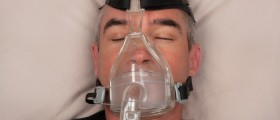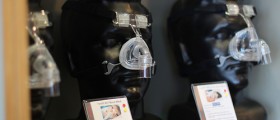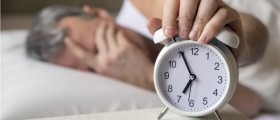
Insomnia is presented in difficulty sleeping, falling asleep or staying asleep. It is not a disorder itself but rather a sign and symptom of other medical and psychiatric disorders. Insomnia is normally followed by functional impairment in a normal daily routine.
Symptoms of insomnia
Sleep difficulties associated with insomnia usually include waking up too early, waking up many times during the night or trouble falling asleep each night. The pattern at which the insomnia occurs may sometimes help to determine its real causes.
However, symptoms of insomnia are not limited only to physical disturbances. The lack of sleep usually leaves a person tired, affects the quality of life, irritable, exhausted, under pressure, struggling to concentrate, and perform complex tasks.
Psychological causes of insomnia
A pattern of insomnia in which a patient experiences difficulty falling asleep at the beginning of the night is most commonly a symptom of anxiety disorders or delayed sleep phase disorder. Poor sleep quality is usually associated with major depression. Major depression causes the increased levels of cortisol, and leads to reduced sleep quality. Depressed patients are most commonly unable to reach stage 3 or delta sleep.
Insomnia as a symptom and cause of depression
The relationship between depression and insomnia is a complex one. Until recently, insomnia was considered to be a symptom of depression. The treatment of insomnia thus involved treatment of depression as an underlying cause.
Recent studies discovered that insomnia isn’t just a symptom of depression but it may also be a trigger for anxiety disorders such as depression. Insomnia and depression are different but overlapping disorders that need to be treated simultaneously.
Insomnia has enormous destructive effect on normal functioning of an individual. Over time, the person experiences severe problems to function at work, school and in relationship. A person may often feel overwhelmed, exhausted and not able to cope with this problem. The other side of the story is a feeling of guilt and despair about life that eventually leads to depression.
Successful treatment
Recently improved treatment strategies are focused on treating sleep problems together with depression. Depressed patients with insomnia treated with both an antidepressant and a sleep medication shown better improvement than those treated only with antidepressants. The first results show that patients treated this way significantly reduced the symptoms of depression and risk of relapses.
There are a lot of insomnia treatments available, from medication to cognitive or alternative therapy. Medications usually show quick effects while other kinds of therapy take more time to begin working.

















Your thoughts on this
Loading...